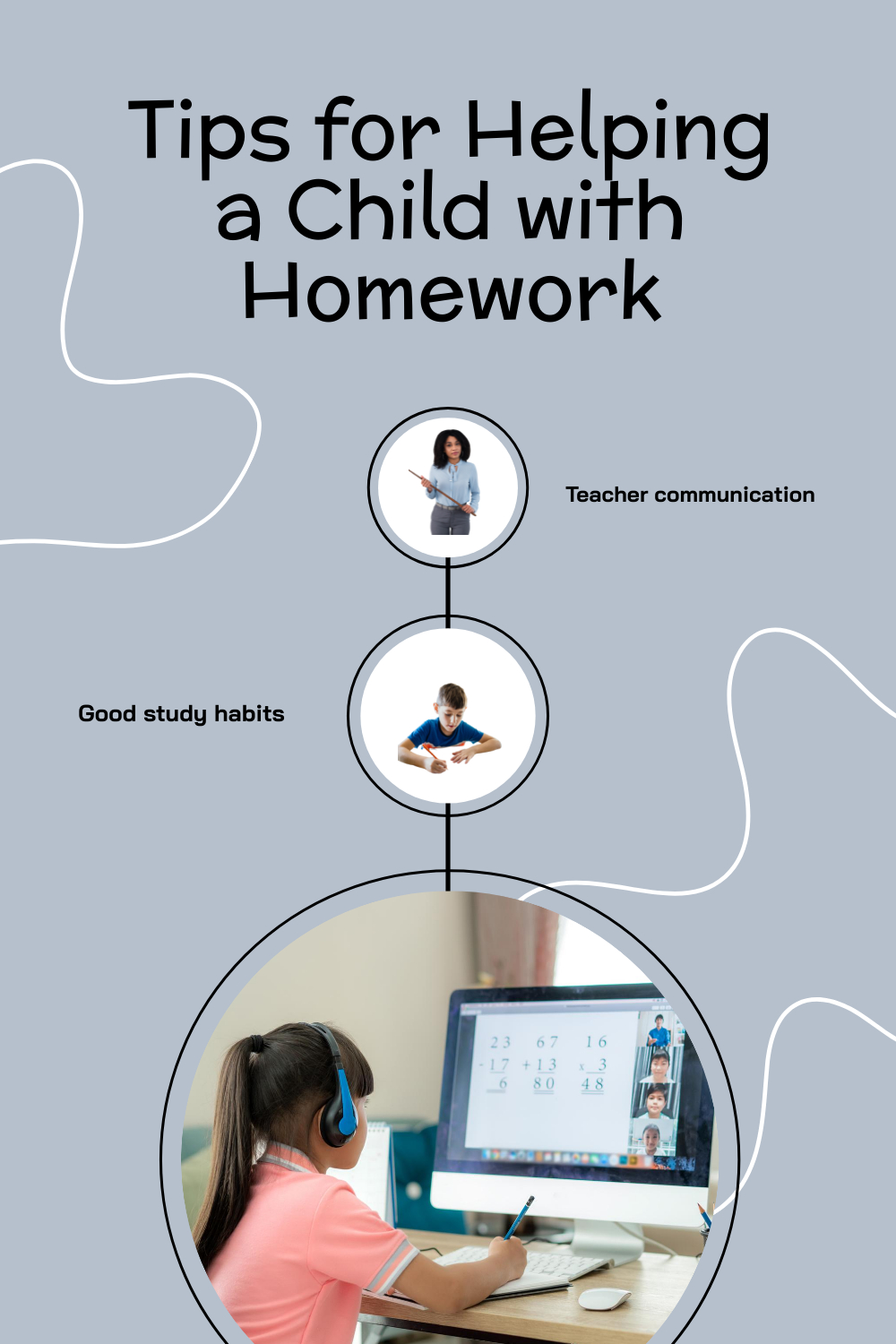Helping a child with homework can be challenging, but also rewarding. As a parent, grandparent, or foster carer, you want to provide support without simply giving them the answers. With some planning and patience, you can assist your child in developing good study habits, improving comprehension, and gaining confidence in their own abilities. Here are some tips for effectively helping your child with homework.

Set Up a Homework-Friendly Environment
Create a quiet, comfortable space for your child to work. Make sure they have a clear, uncluttered desk or table, proper lighting, and the necessary school supplies. Minimise distractions in the area by turning off electronics and keeping background noise to a minimum. Some children work better with calming music playing softly. Establish this homework zone as part of your family’s daily routine. If you are fostering with Foster Care Associates Scotland, this will work with any future foster children, too.
Encourage Good Study Habits
Help your child develop habits that maximise productivity. Have them start homework at the same time each day and take short breaks every 30-45 minutes to refresh. Advise them to tackle the most difficult subjects first when their concentration is highest. Suggest making a homework checklist to stay organised and breaking larger projects down into manageable steps. Praise their effort and perseverance, not just the correct answers.
Assist without Giving Answers
Resist the urge to provide answers or complete tasks for them. Instead, help your child arrive at solutions themselves. Ask open-ended questions to guide them and prompt critical thinking. Clarify instructions and model problem-solving techniques. If they struggle with a concept, offer to look at notes or textbooks together. Provide just enough assistance to allow them to progress, without taking over.
READ MORE: Magelica’s Voyage to the Land of the Fairies
Monitor Their Work
Keep an eye on your child’s homework without hovering too close. Periodically check in and assess their understanding of the material. Glance over completed work to catch any errors, then have them rework incorrect answers. If you notice recurring misunderstandings, speak with their teacher to go over difficult subjects. Avoid overly criticising mistakes and focus on the learning process.
Communicate with the Teacher

Establish a positive relationship with your child’s teacher early on. Discuss their learning style, strengths and weaknesses. Ask the teacher how much parent involvement they recommend for homework. Attend parent-teacher conferences to monitor progress and voice any concerns. Notify the teacher if homework takes much longer than expected or causes significant stress. Working cooperatively with the school will provide better support.
Promote Independent Learning

Your ultimate goal is for your child to independently complete homework tasks. Slowly shift from instructor to consultant as they gain competency. Remind them to use classroom resources like notes and textbooks for self-guidance. Praise their self-motivation and model lifelong learning. As your child becomes more responsible for their own education, they will reap the rewards.
Helping a child with homework plays an important role in their academic success. By providing structure, guidance and support, parents can aid learning while promoting independence. With the right tools and environment, homework can become an opportunity for children to put their classroom knowledge into practice, boost confidence and develop time management and problem-solving skills that will serve them well beyond their school years.
